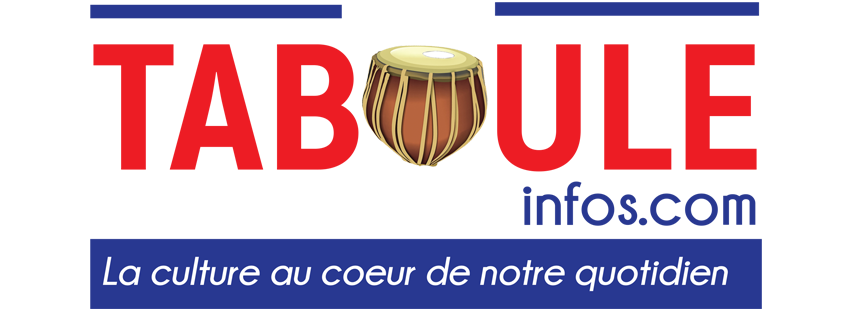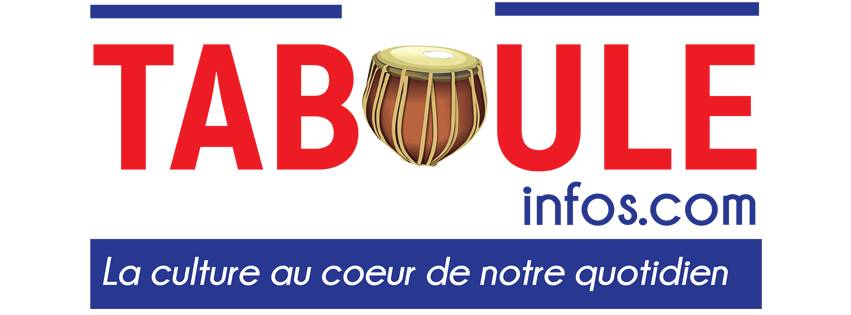A business (also known as an enterprise, a company or a firm) is an organizational entity involved in the provision of goods and services to consumers.Businesses serve as a form of economic activity, and are prevalent in capitalist economies, where most of them are privately owned and provide goods and services allocated through a market to consumers and customers in exchange for other goods, services, money, or other forms of exchange that hold intrinsic economic value.
Businesses may also be social non-profit enterprises or state-owned public enterprises operated by governments with specific social and economic objectives. A business owned by multiple private individuals may form as an incorporated company or jointly organise as a partnership. Countries have different laws that may ascribe different rights to the various business entities.
« There are no secrets to success. It is the result of preparation, hard work, and learning from failure. »
In recent decades, states modeled some of their assets and enterprises after business enterprises. In 2003, for example, the People’s Republic of China modeled 80% of its state-owned enterprises on a company-type management system. Many state institutions and enterprises in China and Russia have transformed into joint-stock companies, with part of their shares being listed on public stock markets.

Business process management (BPM) is a holistic management approach focused on aligning all aspects of an organization with the wants and needs of clients. It promotes business effectiveness and efficiency while striving for innovation, flexibility, and integration with technology. BPM attempts to improve processes continuously. It can therefore be described as a « process optimization process. » It is argued that BPM enables organizations to be more efficient, effective and capable of change than a functionally focused, traditional hierarchical management approach.
Great things in business are never done by one person. They’re done by a team of people.
Many businesses are operated through a separate entity such as a corporation or a partnership (either formed with or without limited liability). Most legal jurisdictions allow people to organize such an entity by filing certain charter documents with the relevant Secretary of State or equivalent, and complying with certain other ongoing obligations. The relationships and legal rights of shareholders, limited partners, or members are governed partly by the charter documents and partly by the law of the jurisdiction where the entity is organized.

Generally speaking, shareholders in a corporation, limited partners in a limited partnership, and members in a limited liability company are shielded from personal liability for the debts and obligations of the entity, which is legally treated as a separate « person ». This means that unless there is misconduct, the owner’s own possessions are strongly protected in law if the business does not succeed.
Where two or more individuals own a business together but have failed to organize a more specialized form of vehicle, they will be treated as a general partnership. The terms of a partnership are partly governed by a partnership agreement if one is created, and partly by the law of the jurisdiction where the partnership is located.
I love those who can smile in trouble, who can gather strength from distress, and grow brave by reflection. ‘Tis the business of little minds to shrink, but they whose heart is firm, and whose conscience approves their conduct, will pursue their principles unto death.
No paperwork or filing is necessary to create a partnership, and without an agreement, the relationships and legal rights of the partners will be entirely governed by the law of the jurisdiction where the partnership is located.
A single person who owns and runs a business is commonly known as a sole proprietor, whether that person owns it directly or through a formally organized entity. Depending on the business needs, an adviser can decide what kind is proprietorship will be most suitable.
Some businesses are subject to ongoing special regulation, for example, public utilities, investment securities, banking, insurance, broadcasting, aviation, and health care providers. Environmental regulations are also very complex and can affect many businesses.

Some specialized businesses may also require licenses, either due to laws governing entry into certain trades, occupations or professions, that require special education, or to raise revenue for local governments. Professions that require special licenses include law, medicine, piloting aircraft, selling liquor, radio broadcasting, selling investment securities, selling used cars, and roofing. Local jurisdictions may also require special licenses and taxes just to operate a business.
The first rule of any technology used in a business is that automation applied to an efficient operation will magnify the efficiency. The second is that automation applied to an inefficient operation will magnify the inefficiency.

Businesses often have important « intellectual property » that needs protection from competitors for the company to stay profitable. This could require patents, copyrights, trademarks, or preservation of trade secrets. Most businesses have names, logos, and similar branding techniques that could benefit from trademarking. Patents and copyrights in the United States are largely governed by federal law, while trade secrets and trademarking are mostly a matter of state law. Because of the nature of intellectual property, a business needs protection in every jurisdiction in which they are concerned about competitors.
Many countries are signatories to international treaties concerning intellectual property, and thus companies registered in these countries are subject to national laws bound by these treaties. In order to protect trade secrets, companies may require employees to sign non-compete clauses which will impose limitations on an employee’s interactions with stakeholders, and competitors.





